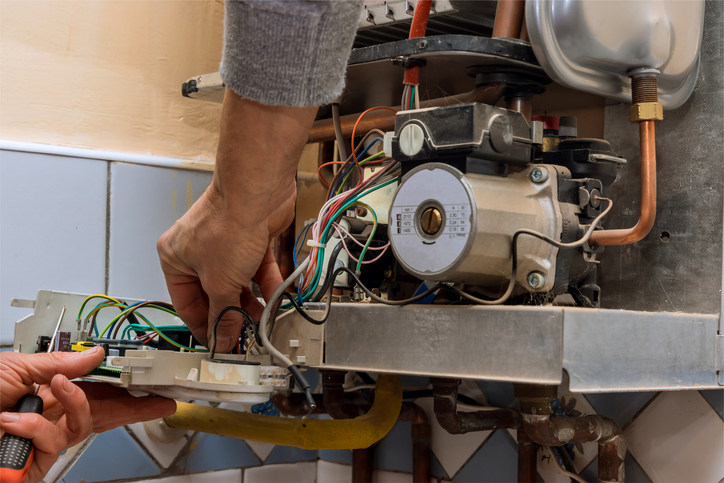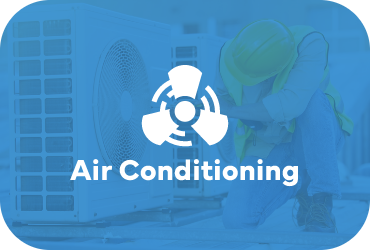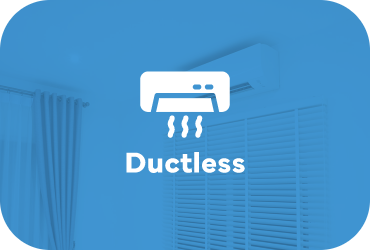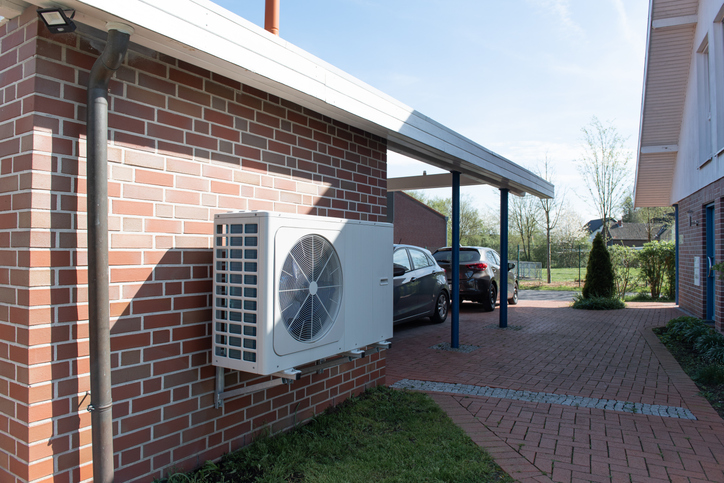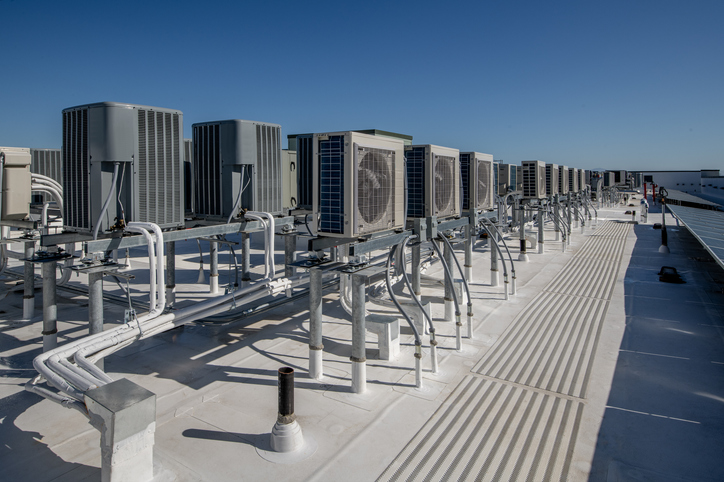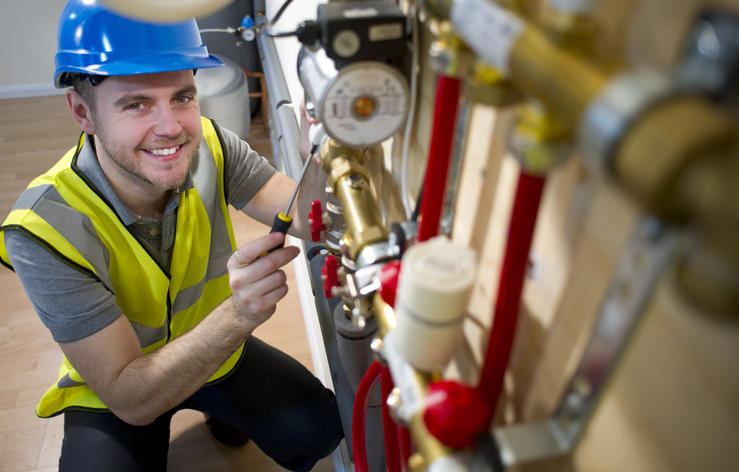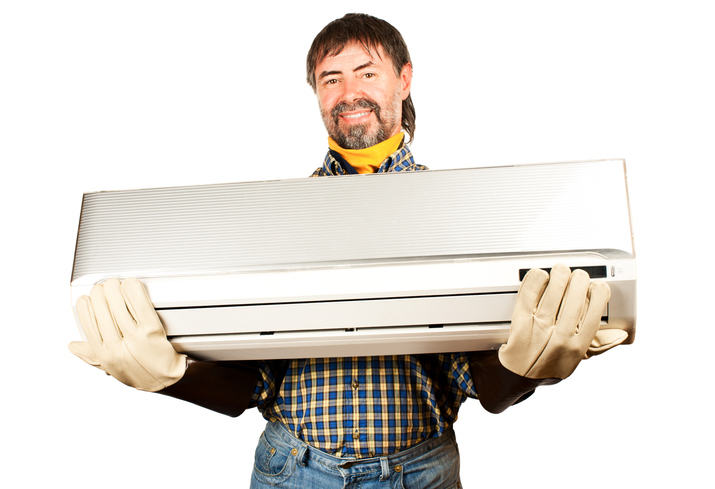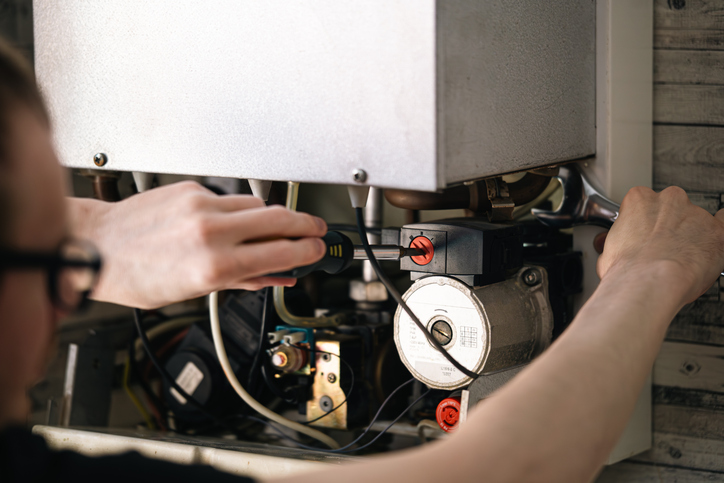Replacing a heating system is a significant investment that affects comfort, energy efficiency, and home value. Whether your system is outdated, inefficient, or frequently needs repairs, upgrading to a modern unit can provide better performance and savings. However, selecting the right system requires careful planning. This guide explores the key factors to consider when planning a heating replacement, helping you make an informed decision.
1. Assessing the Condition of Your Current System
Before replacing your heating system, evaluate its performance and condition. Signs that indicate the need for replacement include:
- Frequent breakdowns require costly repairs.
- Rising energy bills due to declining efficiency.
- Uneven heating throughout the home.
- The system is over 15-20 years old and uses outdated technology.
A professional HVAC inspection can help determine if repairs or a full replacement is the best option for your home.
2. Choosing the Right Heating System Type
There are several types of heating systems available, each with unique advantages:
- Furnaces: These are among the most common options available in gas, electric, and oil models. They provide reliable heating with high efficiency.
- Heat Pumps: Ideal for mild climates, heat pumps provide heating and cooling functions, reducing the need for separate systems.
- Boilers: These systems use heated water or steam to warm a home and are highly efficient in colder climates.
- Ductless Mini-Splits: Perfect for homes without ductwork, these mini-split systems provide zoned heating and energy efficiency.
Selecting the right type depends on your home’s heating needs, climate, and budget.
3. Understanding Energy Efficiency Ratings
Energy efficiency is a crucial factor when replacing a heating system. Look for these ratings:
- AFUE (Annual Fuel Utilization Efficiency): Measures furnace efficiency; higher percentages indicate better performance.
- HSPF (Heating Seasonal Performance Factor): Applies to heat pumps and reflects heating efficiency.
- ENERGY STAR Certification: Systems with this label meet strict efficiency standards, reducing energy costs and environmental impact.
Choosing a high-efficiency system may have a higher initial cost but results in long-term savings on utility bills.
4. Calculating the Total Cost
The cost of a heating upgrade includes more than just the unit price. Consider:
- Equipment Cost: Prices vary based on the system type and brand.
- Installation Fees: Professional installation ensures optimal performance and safety.
- Operating Costs: A more efficient system lowers monthly utility bills.
- Maintenance & Repairs: Factor in long-term service costs for upkeep.
Budgeting for all aspects helps avoid unexpected expenses and ensures a cost-effective investment.
5. Evaluating Home Insulation and Ductwork
Your home’s insulation and ductwork affect heating efficiency. Before installing a new system:
- Inspect the insulation in walls, ceilings, and floors to prevent heat loss.
- Check ductwork for leaks, blockages, or poor design that can reduce efficiency.
- Upgrade insulation and repair ducts if needed to maximize system performance.
A well-insulated home helps maintain stable indoor temperatures and reduces energy waste.
6. Sizing the Heating System Correctly
A system that’s too large or too small can lead to inefficiency, discomfort, and increased wear and tear. Factors affecting proper sizing include:
- Home square footage and layout.
- Number of windows and doors.
- Regional climate conditions.
- Insulation levels.
An HVAC professional can conduct a load calculation to determine the right system size for your home.
7. Considering Smart and Programmable Features
Modern heating systems offer smart technology for enhanced convenience and efficiency:
- Programmable Thermostats: Allow customized temperature settings to save energy.
- Smart Controls: Enable remote access via smartphone apps.
- Zoning Systems: Provide individual temperature control for different rooms.
Investing in these features improves comfort and optimizes energy usage.
8. Evaluating the Best Installation Time
Timing your heating system upgrade can impact costs and convenience:
- Off-Season Installation: Replacing the system in spring or early fall may offer discounts and faster service.
- Emergency Replacement: Waiting until winter can lead to higher costs and longer wait times.
Planning ahead ensures a smooth installation process without disruptions to home comfort.
9. Understanding Warranty and Service Agreements
A strong warranty and service plan protect your investment. Look for:
- Manufacturer warranties covering parts and labor.
- Extended service agreements for future repairs.
- Maintenance plans to keep the system running efficiently.
Reviewing warranty details before purchasing prevents unexpected repair costs.
10. Hiring a Reliable HVAC Contractor
A professional HVAC contractor ensures proper installation and system performance. When choosing a contractor, consider:
- Licensing and certification for compliance with local codes.
- Positive customer reviews and industry reputation.
- Experience with the specific heating system type you plan to install.
- Transparent pricing and detailed estimates.
Working with a trusted contractor guarantees a seamless installation and long-lasting performance.
Heating replacement is a major decision that requires careful consideration of efficiency, cost, sizing, and professional installation. By evaluating these factors, you can select the best heating system for your home, improving comfort and energy savings.
Plan your heating replacement with confidence! Trust ABC Heating & Air for expert guidance and professional installation. Upgrade to an efficient system today—Contact us now for a consultation!
